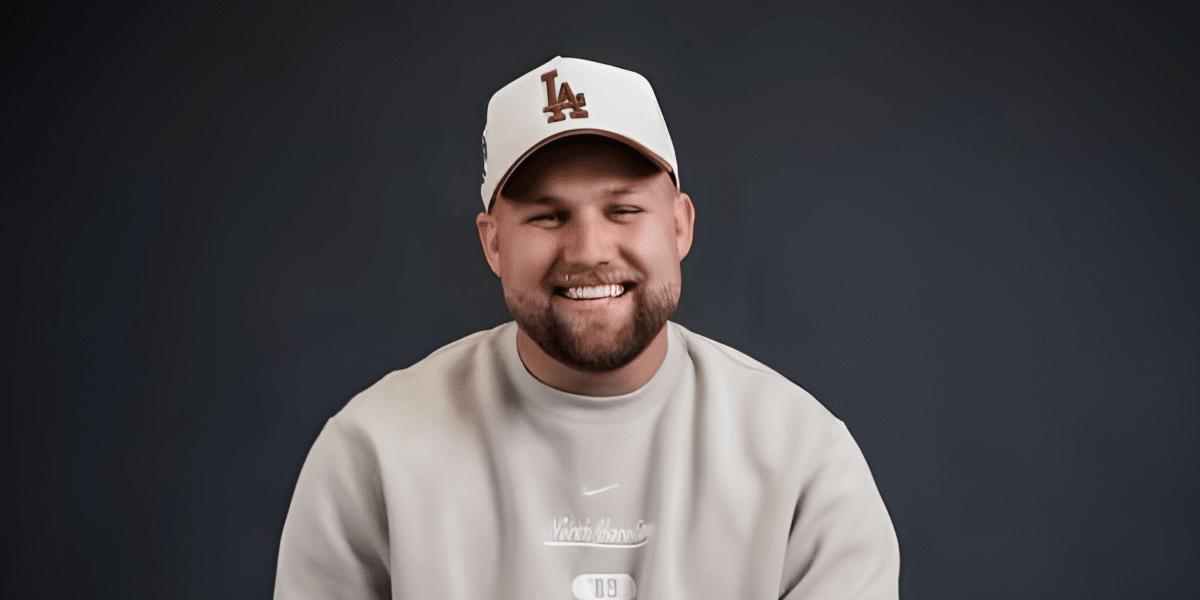By: PremierPrPro Agency
Blake Erickson emerges as a beacon of resilience and empowerment with his latest literary endeavor, Victimless: The Higher Path to Freedom. In a world increasingly characterized by the quicksand of victimhood, the book challenges the pervasive culture of entitlement and self-pity and offers a compelling roadmap for personal transformation. Through his insightful prose and riveting narratives, Erickson aims to dispel the myths that shackle individuals to a life less lived.
The genesis of “Victimless” lies in Erickson’s profound belief that victimhood is a formidable adversary to self-actualization. He argues that succumbing to a narrative of helplessness hinders personal growth and perpetuates a cycle of dissatisfaction and inertia. Through his book, Erickson endeavors to awaken the dormant potential within each individual, guiding them toward embracing hardship as an opportunity for growth rather than an insurmountable obstacle.
At the heart of Erickson’s philosophy is acknowledging the natural human tendency to seek comfort in victimhood. While understandable, this inclination often leads to a life fraught with unfulfilled dreams and stifled ambition. “You can choose hard now and live easy later, or easy now and hard later,” Erickson asserts, advocating for ‘victimless living’—a higher way that transcends one’s primal instincts for immediate gratification.
Throughout his work, Erickson meticulously dismantles the pillars supporting the edifice of victim mentality. One such pillar is entitlement—the corrosive belief that people are owed something by virtue of their existence. “Nobody owes you anything,” he reminds people, urging readers to rid themselves entirely of this debilitating notion. By doing so, one can begin laying the foundation for authentic success built on merit and perseverance.
Another cornerstone of victimhood that Erickson addresses is the ego’s protective but ultimately restrictive role in one’s life. He insightfully points out how egos can shield people from necessary adversity—much like an overprotective parent—thus hindering their ability to learn from failures and setbacks. “Stop letting your ego get in the way!” Erickson implores, championing transparency and vulnerability as virtues leading to genuine progress.
Erickson further explores this theme by examining common behaviors symptomatic of a victim mentality—from harboring grudges based on past offenses to engaging in incessant complaining—actions dripping with selfishness, according to him. His call to action? “Stop feeling sorry for yourself!” This powerful directive encourages readers to adopt an outward-looking perspective focused on growth rather than indulging in self-pity.
Perhaps one of the most transformative aspects is Erickson’s encouragement for readers to author their own destinies. By emphasizing forgiveness and letting go of past grievances—be it financial losses or personal betrayals—Erickson advocates for a liberating approach in which one’s past does not dictate one’s future possibilities. “Write your own story,” he urges, reinforcing his belief in each individual’s capacity for reinvention regardless of their circumstances.
As “Victimless” progresses towards its climax, Erickson introduces readers to two archetypal figures emblematic of life’s divergent paths: the Victor and The Victim. The former embodies resilience, creativity, and proactivity, whereas the latter remains ensnared by passivity, a scarcity mindset, and an unending longing for external salvation.
Blake Erickson’s message reverberates far beyond the pages of “Victimless.” It serves as a clarion call challenging societal norms steeped in passivity and blame-shifting while championing personal accountability as the linchpin of meaningful change. As encapsulated by his oft-repeated maxim “I am unoffendable,” Erikson invites individuals into a realm where obstacles metamorphose into stepping stones toward self-mastery.
Thus, Blake Erickson’s seminal work emerges not merely as another self-help book but as a manifesto for those daring enough to shed their cloaks of victimhood in pursuit of their authentic selves—a daunting yet immeasurably rewarding journey.
For more insights into Blake Erickson’s transformative philosophy or connect directly with him, follow him on Instagram.
Published by: Khy Talara




















